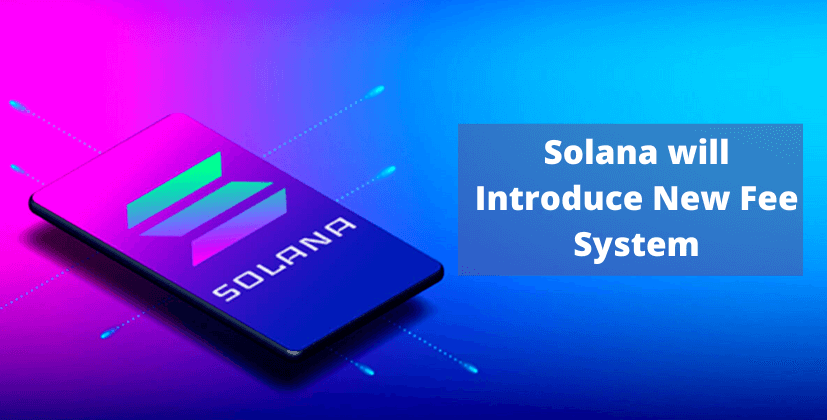The Coin Leaks News: Solana (SOL) is planning to implement an entirely new fee structure along with a variety of other changes in an effort to tackle its frequent issues with its network.
Based on an explanation provided from Solana Labs, Solana suffered an outage of its network over the weekend as the mainnet beta cluster of the project “ceased producing blocks as a result of stalled consensus.”
The outage occurred following Solana had already faced the publicized issues of performance and network in January and December, and also a similar outage in September.
Solana Labs says the network has been experiencing “intermittent congestions issues” since early January because of bots targeting the non-fungible token (NFT) mints. This has also led to the latest outage, According to Solana Labs.
“An massive amount of transactions inbound (6 million transactions per second) was awash in the network, averaging 100 Gbps of data at the individual nodes. It is not clear if there was a denial-of-service attack, rather it appears that bots attempted to hack into a system to gain the new NFT created using the well-known Candy Machine program.”
Solana However, they do note that their network continued to perform at transaction request levels that were 10,000% less than the levels that led to the outage in September. This improvement they attribute to improvements made since the outage.
The new version will bring in “memory use improvements to prolong the time nodes can endure slow or stalled consensus,” according to the project.
Solana is also working on core-protocols-related mitigation.
“In the interest of gaining the flow of the network’s flow, Solana core protocols are being reimplemented on top of QUIC which is a protocol developed by Google that is designed to facilitate fast Asynchronous communications like UDP however with flow control and sessions similar to TCP. After adoption, it will have several options to improve and enhance data intake.”
In addition, Solana notes that fee prioritization work is ongoing.
“Solana’s fee prioritization is only going to be affecting the particular state, and not the entire block. This is a system similar to neighborhood fees instead of ‘global fees. The next transactions that have more, but aren’t allowed to be included in this block due to having reached the limit in writing back to the account, are being scheduled for the next block. However, other transactions that are linked to other accounts may be added to the block, even though they pay lower fees.”

